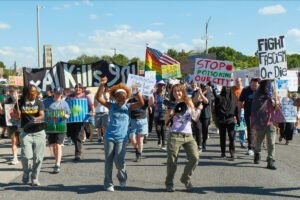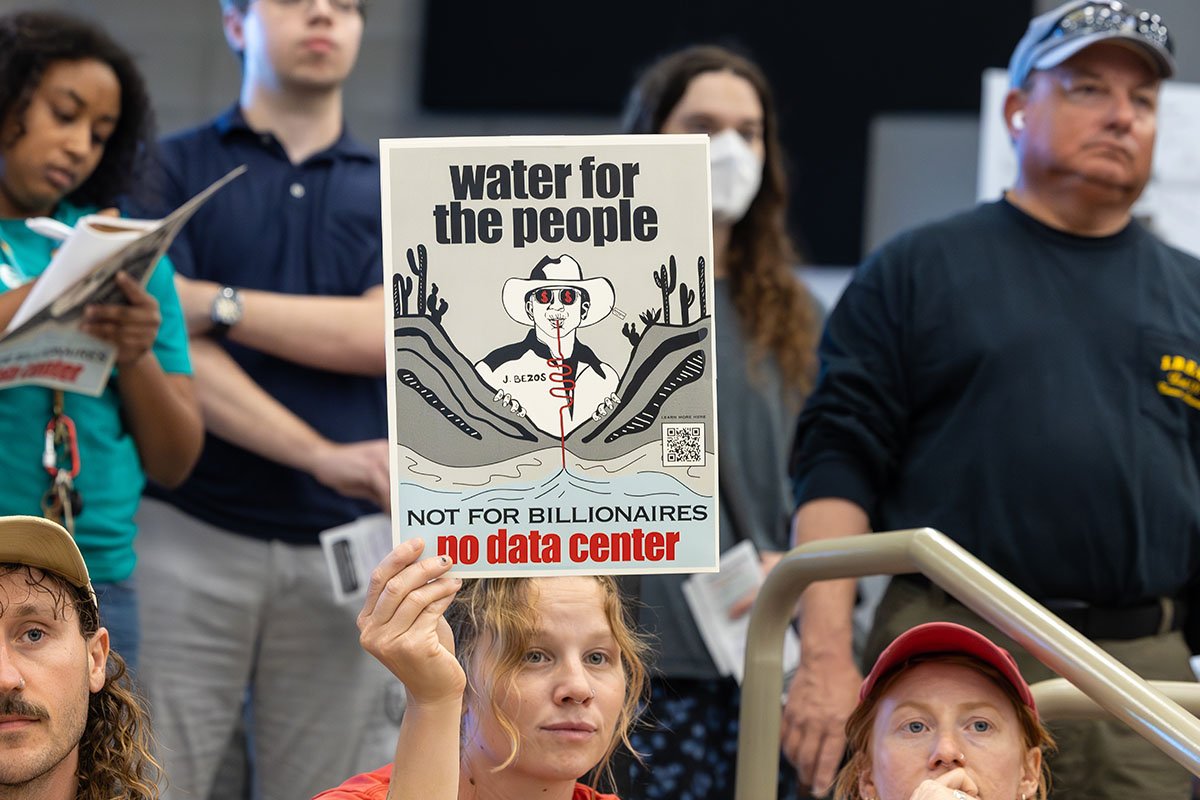
April 28, 2020; Santa Barbara News-Press
Across the country, many nonprofit offices are eerily quiet, shut down for the safety of staff and other stakeholders. Meanwhile, programs are moving online to continue to offer services and support. For Pacific Pride Foundation, the change has led to increased participation.
Pacific Pride Foundation provides HIV/AIDS and LGBTQ+ communities of Santa Barbara County with services including youth group, counseling, and syringe exchange as well as social and informational events. While their offices are closed, they are offering their PROUD Youth Group online and their counseling services continue through teletherapy. Both programs use a secure, HIPAA-compliant platform.
Sign up for our free newsletters
Subscribe to NPQ's newsletters to have our top stories delivered directly to your inbox.
By signing up, you agree to our privacy policy and terms of use, and to receive messages from NPQ and our partners.
Recognizing that the COVID-19 pandemic puts their clients at a higher risk for physical and emotional harm, staff pivoted their programs online to make sure clients don’t feel isolated and are connected to a wider community. Now, more people are participating in their youth group than ever before.
“We are seeing even more attendance and engagement online from our youth, and we are reaching youth who otherwise might not have transportation to either our typical Santa Maria or Santa Barbara meeting places,” the foundation staff told the Santa Barbara News-Press.
The pandemic has forced many nonprofits to explore and implement virtual options whenever possible. While the intention is often to return to in-person programming as soon as possible, this also creates opportunity to understand how virtual options increase and also limit access for stakeholders. For example, virtual programming eliminates the issue of transportation but can be impossible for people with unreliable or no internet.
For Pacific Pride Foundation, their efforts to continue operations online led to providing a safe space for youth in uncertain times, a great example of the rewards that can come from thinking differently about how services can be provided to best serve our stakeholders.—Julie Euber











